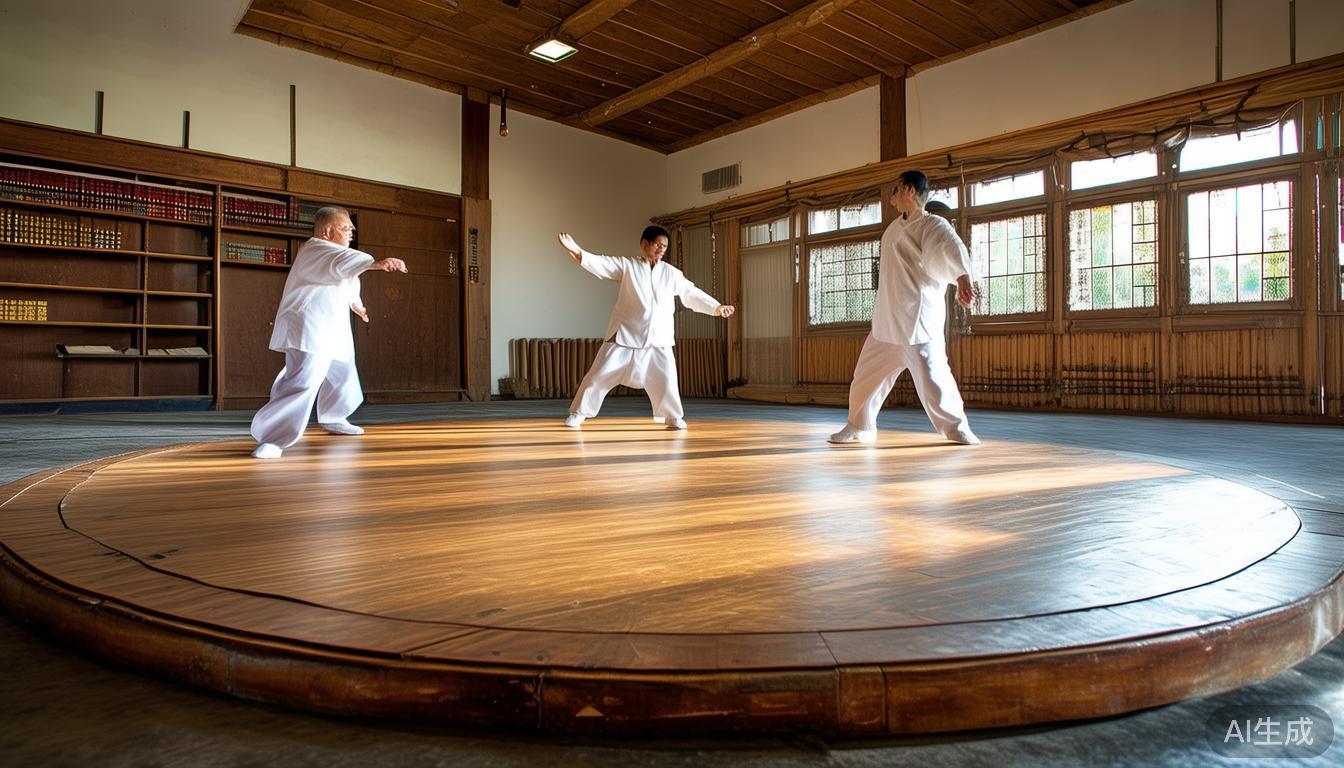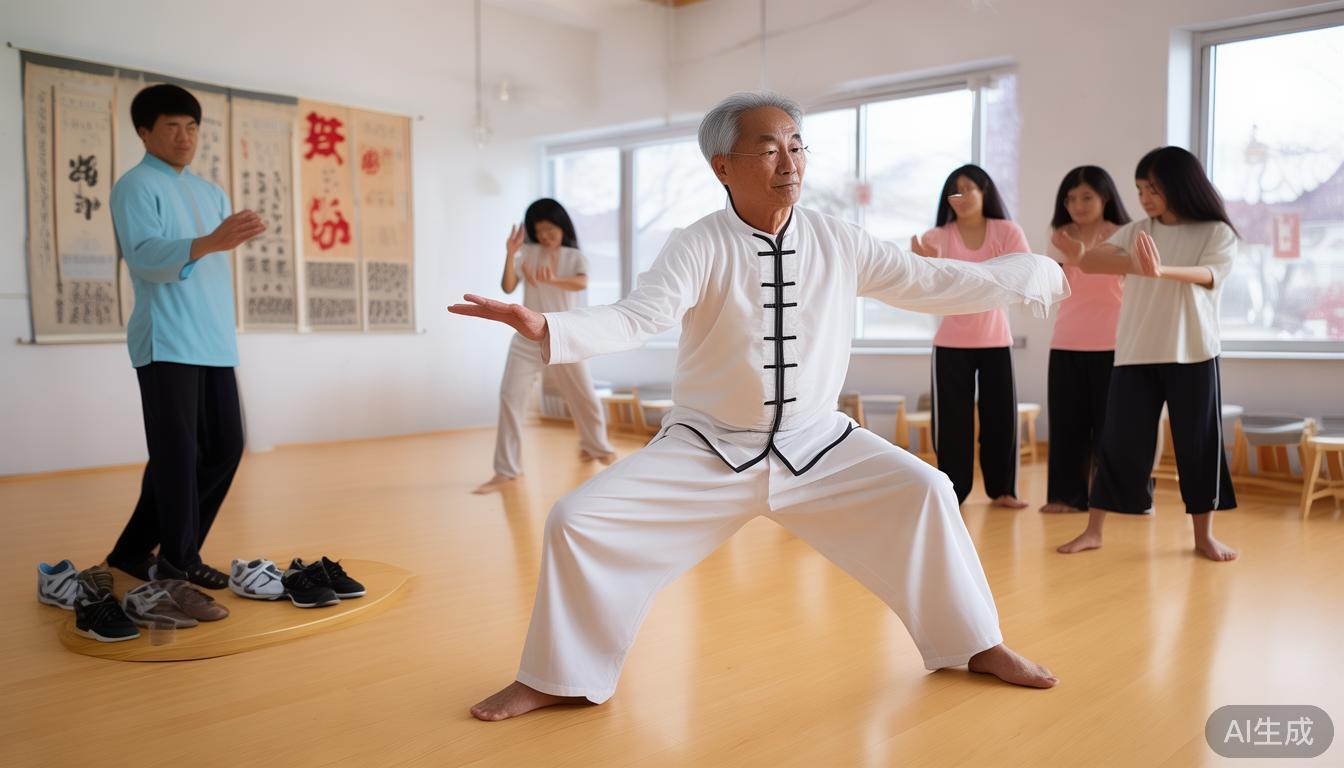As a treasure of traditional Chinese martial arts, Tai Chi is not only a sport that can strengthen the body, but also an art that contains philosophical wisdom. Over the years, I have experienced through practice how Parkinson Tai Chi perfectly combines flexibility and strength, helping people find balance in a fast-paced life. Just today, I want to share with you some practical insights about Tai Chi, hoping to inspire you to live a healthy life.
How Tai Chi improves physical health
The slow movements and deep breathing exercises in Tai Chi can effectively enhance cardiopulmonary function and promote blood circulation. Many practitioners have reported that by continuing to practice basic movements such as "Cloud Hands", their shoulder and neck pain has been relieved, and their overall coordination and flexibility have been significantly improved. This low-intensity exercise is particularly suitable for middle-aged and elderly people, as it can help maintain joint flexibility and reduce the risk of falls.
Tai Chi focuses on the coordination between the mind and the body. Long-term practice can regulate the nervous system, thereby reducing stress and anxiety symptoms. Some students have been practicing for a long time. After a few months of Tai Chi For Health , I have witnessed this fact with my own eyes. They have improved their sleep quality and become more energetic and full of energy. This is not just a physical exercise, but also an internal recuperation process.

Why Tai Chi can improve mental balance
Entering the fast-paced modern life, the meditation element contained in Tai Chi can help people slow down their pace and focus their attention on the present. By synchronizing movement and breathing, practitioners can learn how to manage mood swings and develop patience and concentration. Many people have confided in me after practicing that they found themselves feeling calmer and more comfortable dealing with daily stress.
Such psychological benefits originate from the philosophical cornerstone of Tai Chi, such as the concept of "conquering strength with softness", which teaches us not to be anxious to confront the tough but to use flexible methods to deal with challenges. This is not only applicable to personal life, but can also be extended to work and interpersonal relationships, thus bringing long-term positive effects.
How to choose the right Tai Chi class

When choosing a Tai Chi course, the first thing to consider is the instructor's qualifications and teaching style. A good instructor will focus on teaching basic movement breakdowns to ensure that students master the essentials safely. It is recommended to try a class first to see if the class atmosphere is friendly and whether it suits your physical level.
Moreover, it is also meaningful to choose the type of course according to the goals set by the individual. If wellness is your main goal, look for schools that focus on breathing and relaxation. If you are looking forward to taking into account self-defense related skills, then a course that incorporates practical elements may be more suitable. Don’t forget to ask if the course schedule is flexible to ensure you can stick with it for a long time.
In your experience of trying Tai Chi, have you encountered any changes that you will remember deeply? You are welcome to share your stories in the comment area. If this article is helpful to you, please like it and forward it to more friends!


